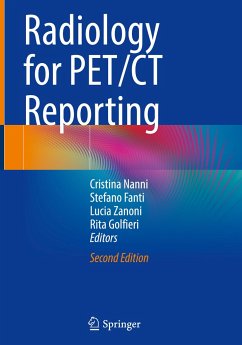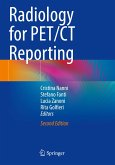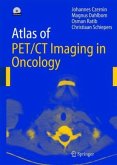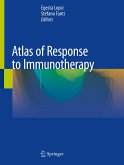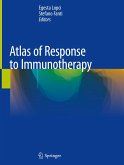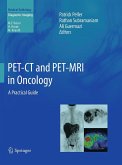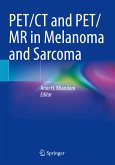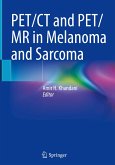This atlas is intended to enable nuclear medicine practitioners who routinely read PET/CT scans to recognize the most common CT abnormalities. Reading PET/CT scans can sometimes be challenging. It is not infrequent, in fact, to encounter abnormal findings in CT images (not related to the neoplastic disease under evaluation) that are functionally silent and therefore difficult to interpret for nuclear medicine practitioners. Frequently, these findings are clinically relevant and should be reported, interpreted and compared to previous scans. This may also have an impact on patient management, since expensive tests like PET/CT are expected to provide the highest level of diagnostic information. Generally, CT images associated with a PET scan are acquired in a low-dose modality, and therefore prove to be sub-optimal for CT image interpretation. Sometimes a comparison with a full-resolution and contrast-enhanced CT atlas may be difficult. Low-dose CT slices are thicker than diagnostic CT and offer less anatomical detail, which can affect accuracy in terms of recognizing both anatomical structures and pathological findings.
Today it is becoming increasingly common to acquire a standard PET/CT by combining the administration of contrast media and a diagnostic CT; here, too, basic CT reporting skills are needed in clinical practice.
This atlas features a chapter on "normal anatomy" (with and without contrast media) that is based on low-dose and full-dose CT images from PET/CT standard acquisition, and which identifies all the relevant anatomical structures. Other chapters (focusing on the thorax, abdomen, pelvis, and musculoskeletal system) present cases with common and uncommon anatomical abnormalities. The addition of new cases with ceCT in this revised second edition rounds out the coverage of PET/CT reporting. Given its scope, the book will be of interest to nuclear medicine physicians, radiologists, and oncologists alike.
Hinweis: Dieser Artikel kann nur an eine deutsche Lieferadresse ausgeliefert werden.
Today it is becoming increasingly common to acquire a standard PET/CT by combining the administration of contrast media and a diagnostic CT; here, too, basic CT reporting skills are needed in clinical practice.
This atlas features a chapter on "normal anatomy" (with and without contrast media) that is based on low-dose and full-dose CT images from PET/CT standard acquisition, and which identifies all the relevant anatomical structures. Other chapters (focusing on the thorax, abdomen, pelvis, and musculoskeletal system) present cases with common and uncommon anatomical abnormalities. The addition of new cases with ceCT in this revised second edition rounds out the coverage of PET/CT reporting. Given its scope, the book will be of interest to nuclear medicine physicians, radiologists, and oncologists alike.
Hinweis: Dieser Artikel kann nur an eine deutsche Lieferadresse ausgeliefert werden.

